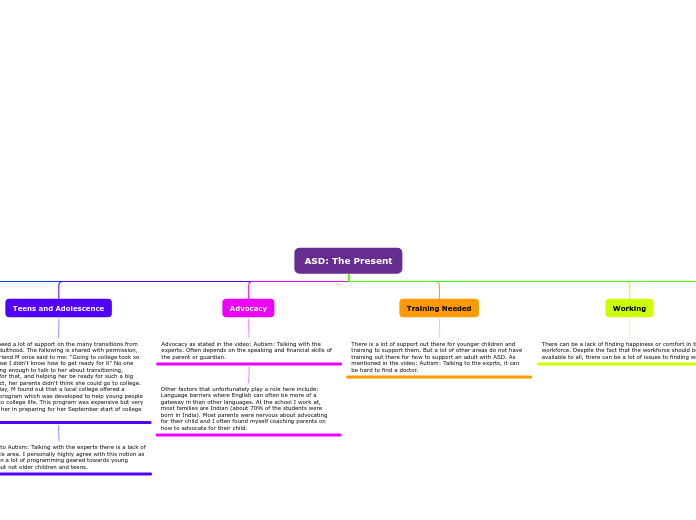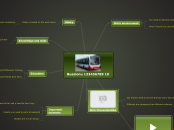por Denise Bartolucci hace 3 años
194
ASD: The Present
Effective advocacy for children with autism often hinges on the financial and communication skills of their parents or guardians. Language barriers can complicate advocacy efforts, particularly in communities where English is not the primary language.









